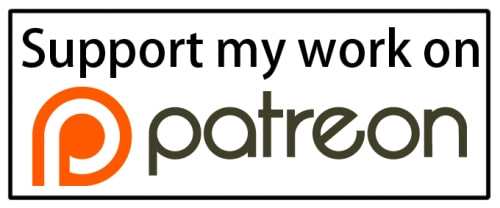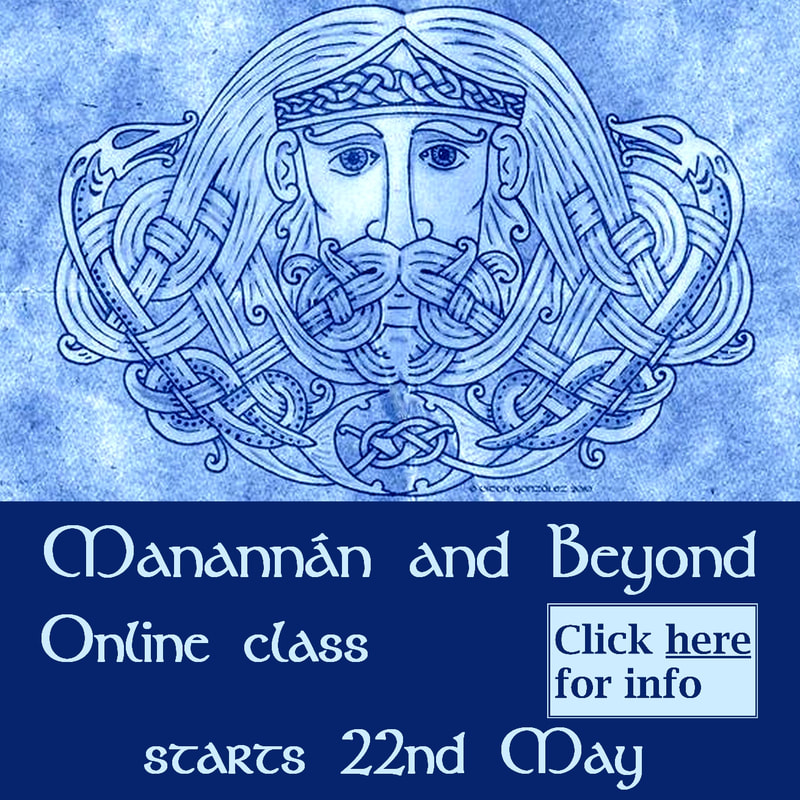You can read the stories for yourself. They are in Lady Gregory's Gods and Fighting Men under the heading "Manannán at Play", and in Standish O'Grady's Silva Gadelica as "O'Donnell's Kern". A wonderful, and quite different version from Islay turns up in J. F. Campbell's Popular Tales of the West Highlands as "The Slim, Swarthy Champion." As if that isn't enough, I'm currently working on a retelling of them on my YouTube channel. [Update: Here's the video.]
As usual, I have fallen in love with my subject, and as sometimes happens, that led to a poem. It's full of obscure references to the tales, but I will leave you to hunt them down for yourself. You don't even need to leave the comfort of your seat. All those books I mentioned, above, are in the public domain and kicking around on the internet.
I who was hunting with fair Fionn
I who received tribute on Barrule
I who cast off my shimmering cloak
Going about the raths and duns
Paddling from Man to Kintyre
And from Kintyre to green Islay
Rathlin to the seat of Red Hugh
The bodach went seeking crowdie
Hospitality without pride
I never looked for prominence
My tongue was sweet and learned
The voice of my harp beguiling
The son of the earl knew the sweet
The Mac an Iarla knew the sour
From high Knock Áine I vanished
I was a rainstorm on a plain
A healer to the MacEochaid
A cattle raider in Sligo
Until I came to O’Kelly
Twenty marks I got for their taunts
And lulled them into their slumber
With the puddle water leaking
From my shoes I walked to Leinster
Tired I was seeking a mead cup
Their clanging strings offended me
The bloody day they had of me
Bonnyclabber and crab apples
The feast of Manannán mac Lir
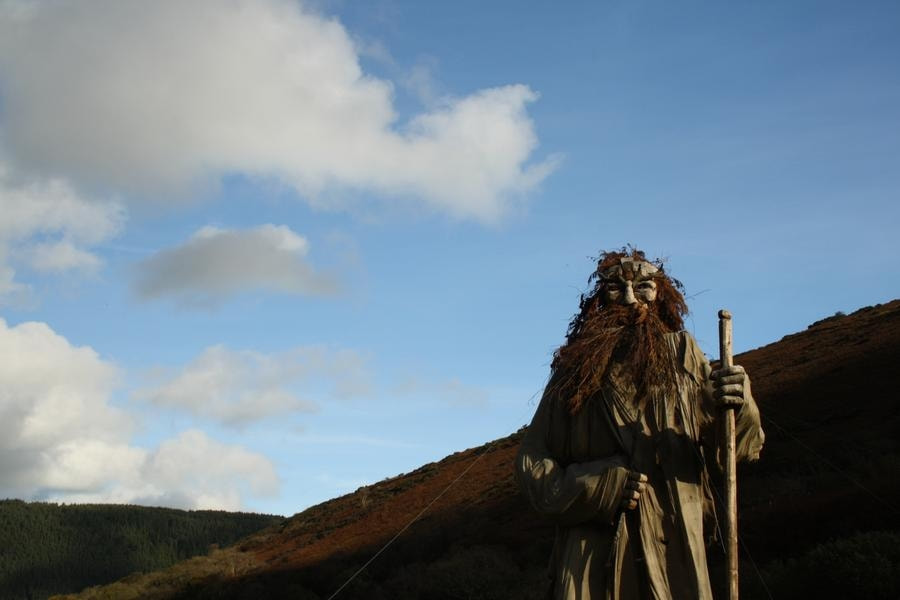

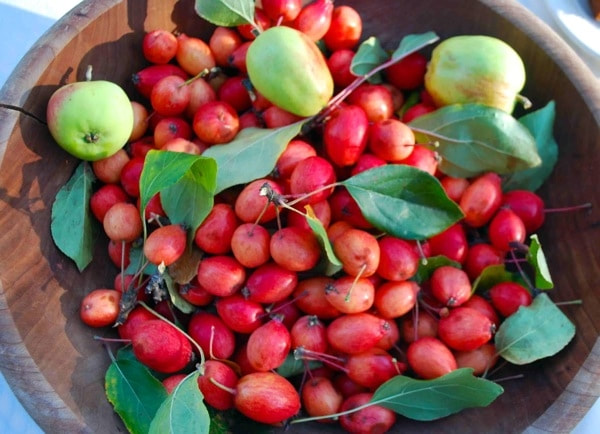

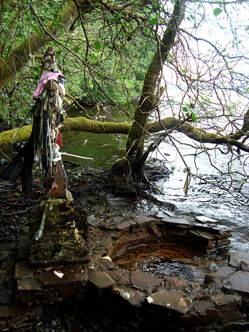
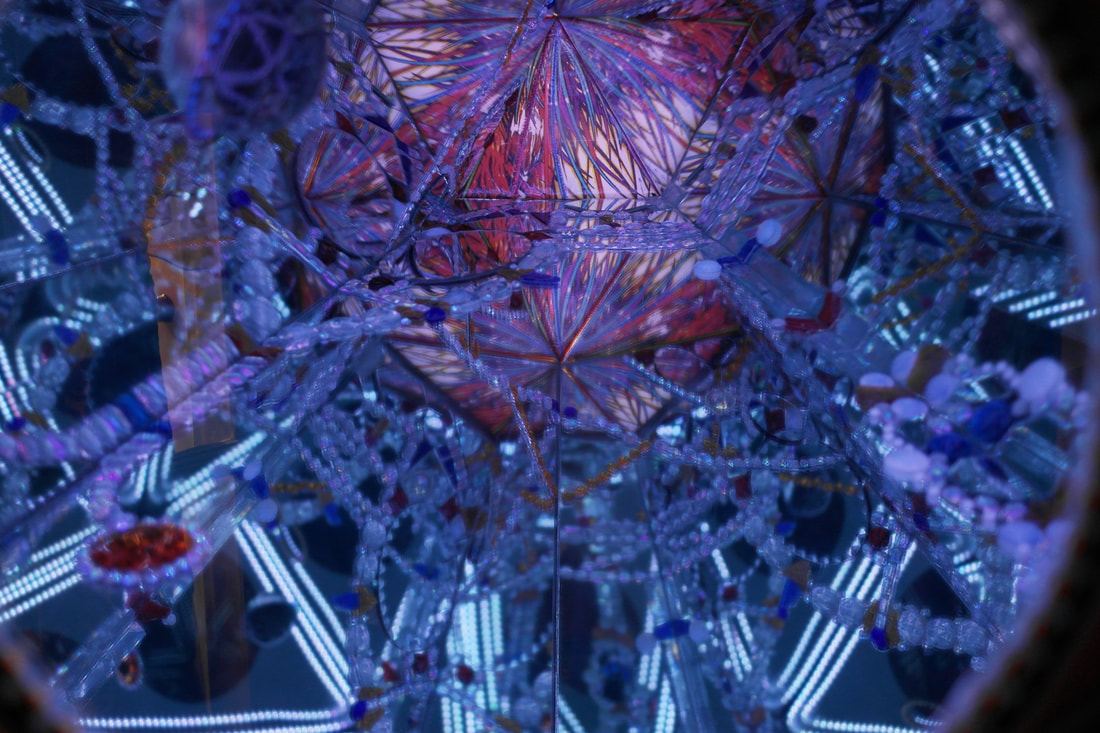
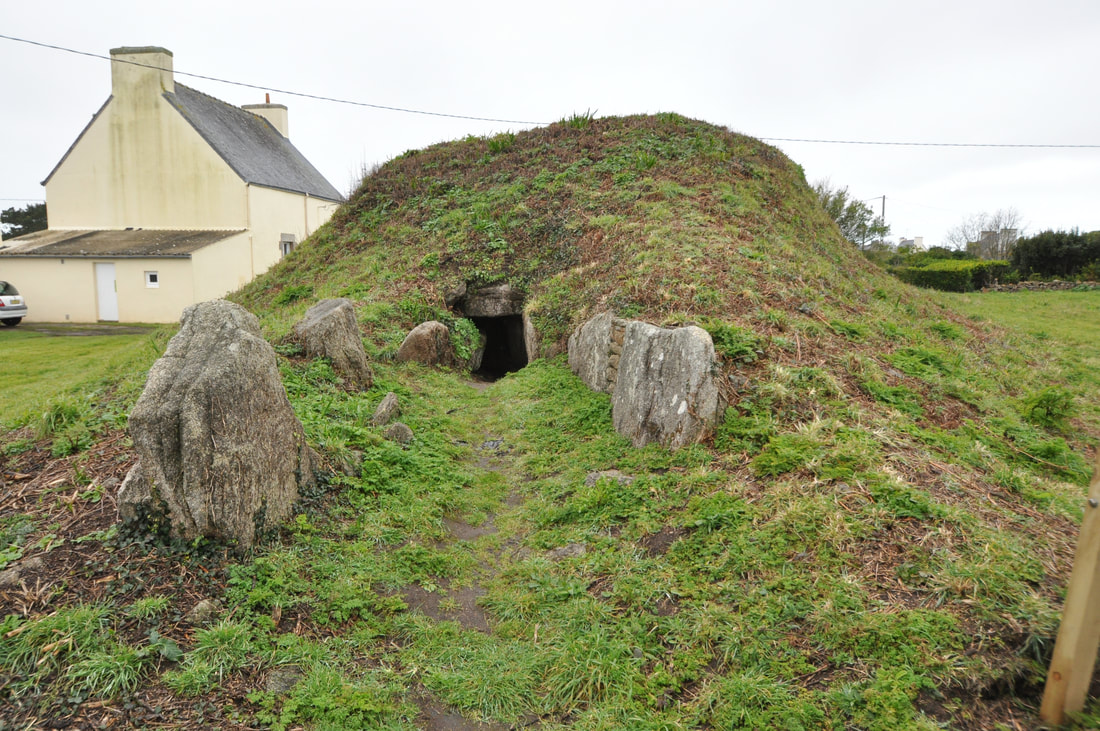
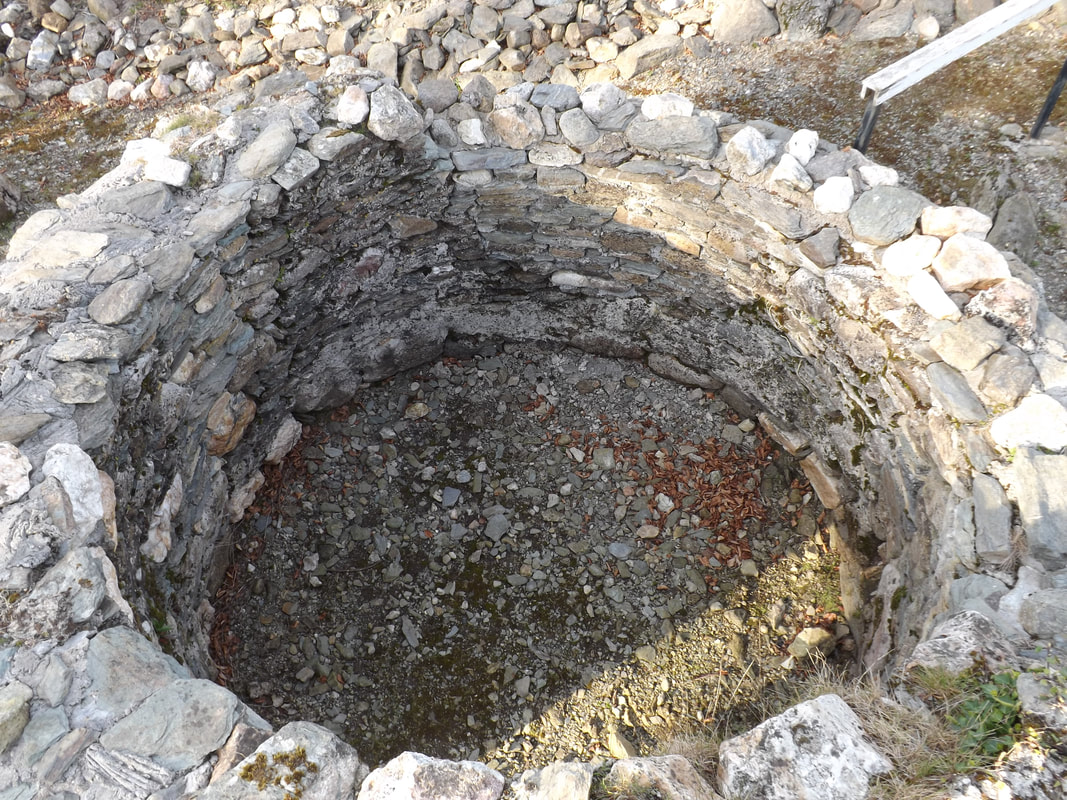
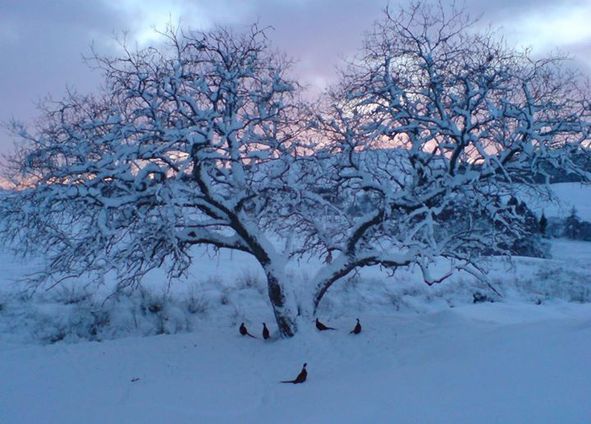

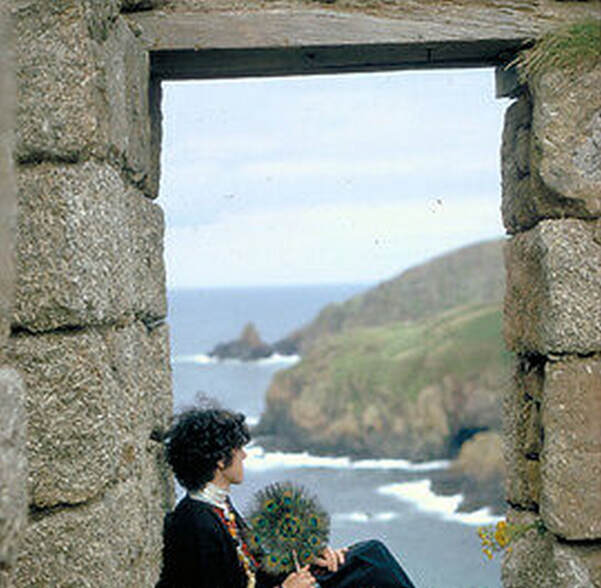
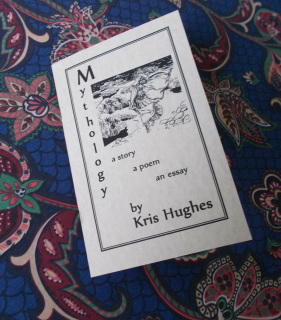

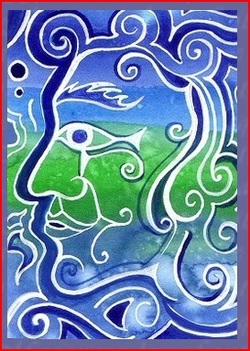
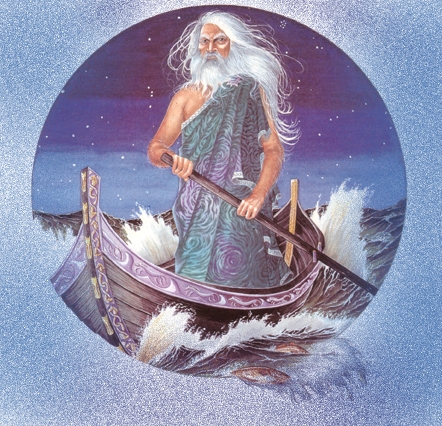
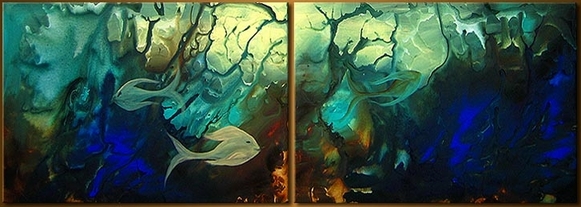

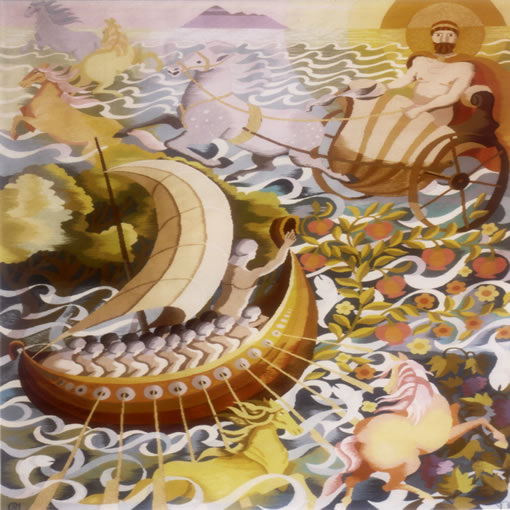
 RSS Feed
RSS Feed


